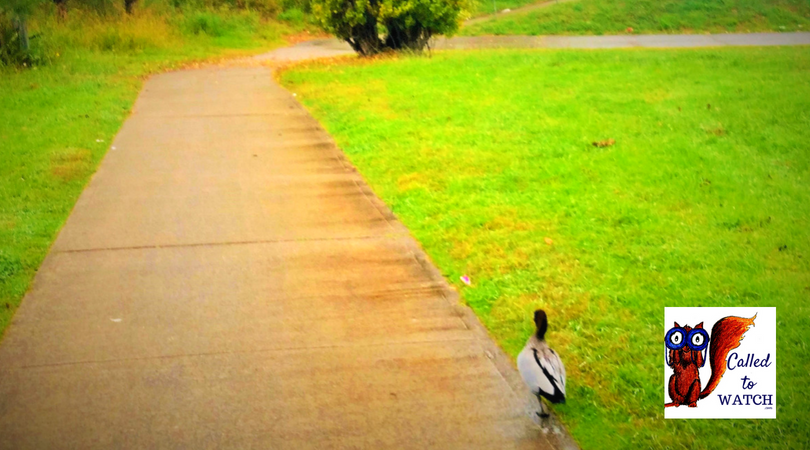We know what the Bible says about sickness, but what does society say?
Perhaps it can provide another answer. Even a better answer.
We learnt that the Bible has some guidelines which can help us formulate an ‘answer’ to sickness.
But we can’t stop there.
I think it is important we look at the flip side.
What does society say about Chronic Illness?
A definition of ‘society’
Now, by ‘society’, I mean secular, not-specifically-Bible-based, thought.
I mean the individual-focused, 21st century, Western culture in which I live.
I mean the ‘natural’ whispers of my heart when it is not focused on Jesus.
can you really define ‘society’ like this?
Wait! If at this point you have an objection, I am with you.
If your objection is: ‘We can unearth what the Bible says about sickness by reading it, but how can we discover what society says? It’s too subjective. There’s no manual.’ then I’m with you also.
There is no book for society. It is made up of so many ideologies and sympathies. ‘Society’ is different in different cultures and countries and times.
How on earth can we hope to pin down in one post the response of ‘society in general’ to chronic illness?
To even consider doing so seems pretentious on the largest scale.
Continue reading “What does society say about chronic illness (PART 1)?”







